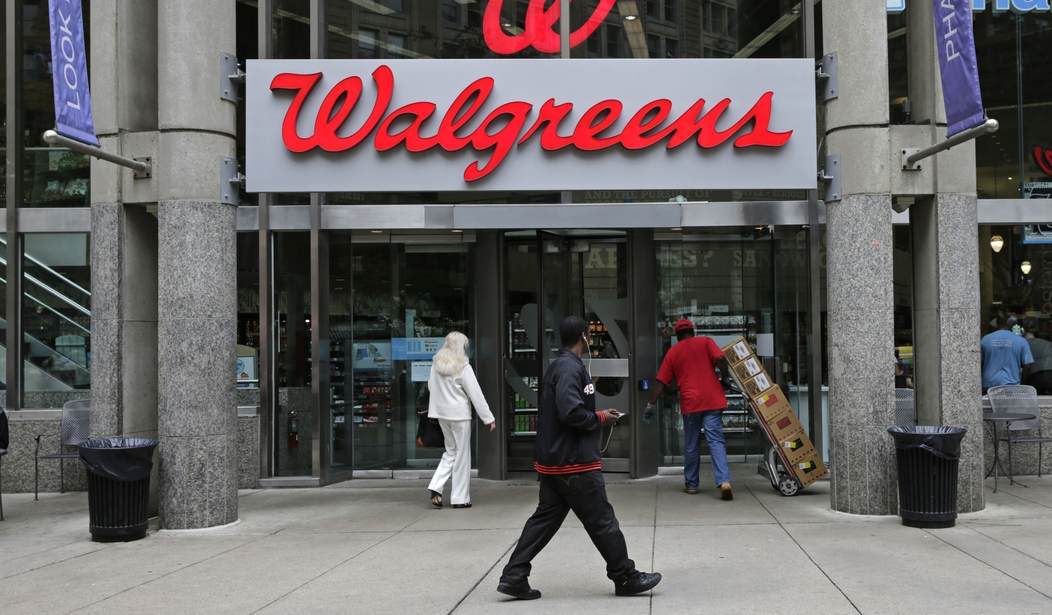What once was a beautiful California city known for its steep streets, the famous Golden Gate Bridge and cable cars is no longer ringing to be true due to Democrat leader’s radical, far-left agenda.
As homeless encampments and drugs take over San Francisco, a U.S. District judge ruled that thousands of ‘suspicious’ orders from Walgreens contributed to San Francisco’s opioid crisis.
Walgreens reportedly failed to properly investigate prescription orders that should have raised red flags for nearly 15 years.
The pharmacy knowingly dispensed hundreds of thousand of prescription pills to customers without assessing reasonable care for the orders.
U.S. District Judge Charles Breyer said that Walgreens shipped out nearly one out every five oxycodone and hydrocodone pills distributed nationwide at the peak of the opioid crisis.
“It is more likely than not that Walgreens pharmacies dispensed large volumes of medically illegitimate opioid prescriptions that were diverted for illicit use and that substantially contributed to the opioid epidemic in San Francisco,” Breyer concluded.
He said that the pharmaceutical company did not provide sufficient time, staffing or resources to fight against the pressure to fill prescriptions as quickly as possible.
“Walgreens has regulatory obligations to take reasonable steps to prevent the drugs from being diverted and harming the public… The evidence at trial established that Walgreens breached these obligations,” Breyer wrote in a 112 page opinion.
Recommended
Attorney Peter Mougey, who represented the city who sued Walgreens, said that the company was only worried about profiting off the epidemic.
“Walgreens has hidden, covered up, and run from the truth throughout the entirety of this five-year litigation… Walgreens knew its system to detect and stop suspicious orders was nonexistent but continued to ship opioids at an alarming pace to increase profits,” Mougey said.
Being the largest retail pharmacy in San Francisco, Walgreens distributed and dispensed more than 100 million prescription opioid pills in the city between the years of 2006 and 2020.
In 2018, San Francisco officials sued Walgreens for failing to prevent the illegal use of prescription opioids, claiming that it created a “public nuisance.”

























Join the conversation as a VIP Member